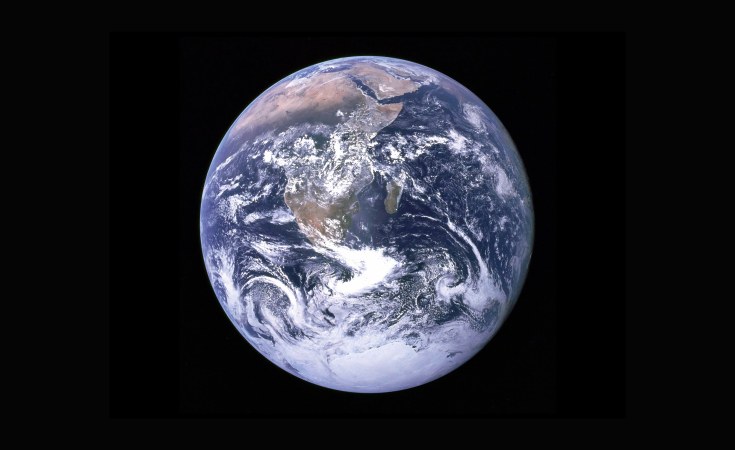Nairobi — The 3rd Regional Symposium on Greening Judiciaries in Africa convened in Nairobi has agreed on a 10-point climate justice action plan including a commitment to develop a trans-national framework on environmental law.
The conference which closed on Wednesday after deliberations featuring panel discussions and dialogue among 26 Chief Justices from African States agreed to scale up knowledge sharing in a bid to enrich jurisprudence on environmental law.
"[We] call upon Member States to consider the trans-boundary nature of climate change factors and develop appropriate regional frameworks to combat climate change," an outcome document read in part.
"[We] encourage Judiciaries to leverage on technology to handle climate change matters, network and share jurisprudence, information, and experiences including establishing repositories of decisions on climate change and online trainings," the forum further resolved.
The Chief Justices also agreed to enhance training in environmental law by reviewing curricula in respective Judiciary training institutes.
They appealed on executive and legislative arms to institute necessary reforms on statutes to enhance climate-focused litigation in a bid counter climate-related crises.
"[We] further urge the Executive and Legislatures to embrace broad consultations in the development of legal frameworks for environmental and climate governance."
Chief Justices who attended the forum which kicked off on Monday include Uganda's Alfonse Owiny-Dollo, Eswatini's Bheki Maphalala, Adelino Manuel Muchanga (Mozambique), Mary Mamyassin Sey (Gambia), Ibrahim Juma (Tanzania), Anin Yeboah (Ghana) and Zanzibar's Khamis Ramadhan Abdalla.
Harmonized approach
During panel discussions on Monday and Tuesday, Heads of Delegations had pitched for harmonized efforts to tackle climate change in a bid to accelerate the delivery of climate justice.
They singled out harmonized legal texts and knowledge sharing among priorities during the conference convened under the auspices of Africa Judicial Education Network on Environmental Law (AJENEL),
In comments during a session moderated by Kenya's Supreme Court Justice William Ouko on Monday, Uganda's Owiny-Dollo noted the impact of environment degradation is often transnational hence the need for coordinated efforts.
"The rains Gulu enjoys in Uganda are as a result of evaporation in South Sudan and the Congo basin. Adverse climate in these countries would impact Uganda directly," he said.
Justice Owiny-Dollo cited the Jonglei Canal, a project intended to divert water from South Sudan's Sudd wetlands to Sudan and Egypt for agricultural use, as a classical example of the impact activities in the neighboring countries would impact Uganda.
"If Jonglei Canal were to materialize, it would certainly affect the high rainfall in Gulu," he told the panel.
Sub-national level climate litigation
Maphalala of Eswatini called for the alignment of climate laws to customs to take advantage of uncodified customary laws in certain jurisdictions.
Justice Maphalala observed that the management of climate issues at the lowest possible sub-national level where violations occur would give fresh impetus to protection of environmental rights.
"We need to tap into customary law to help scale up the involvement of populations especially in rural settings," he said.
amadhan Abdalla of Tanzania's semi-autonomous region of Zanzibar called for sustained efforts to entrench environmental rights citing increased displacement of persons due to diminishing resources including food, water and pasture.
Justice Abdalla said Zanzibar would consider introducing specialized environment courts as is the case in Kenya to encourage climate litigation.
"We're learning valuable lessons from Kenya's experience," he said noting that specialized courts would help amplify public awareness and bring more matter to the judicial system for determination.


